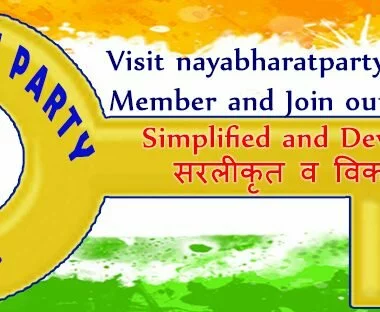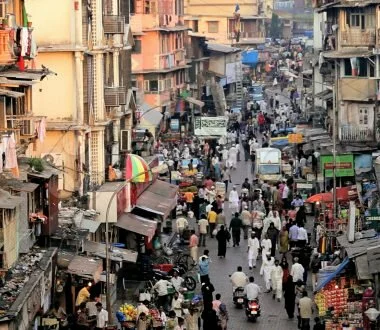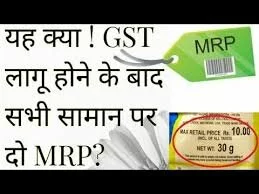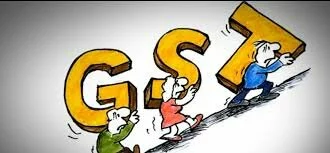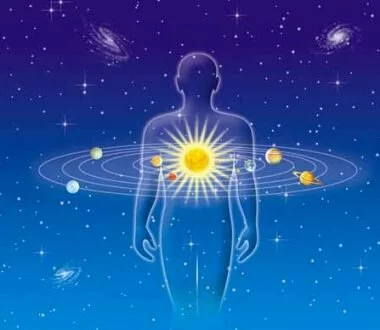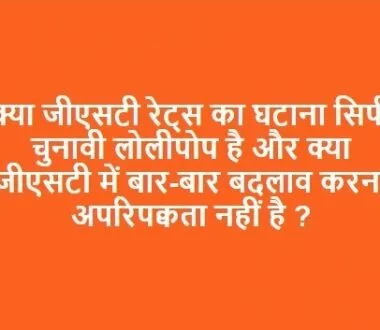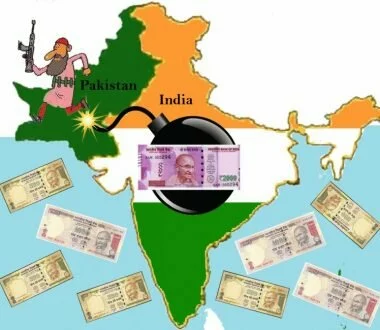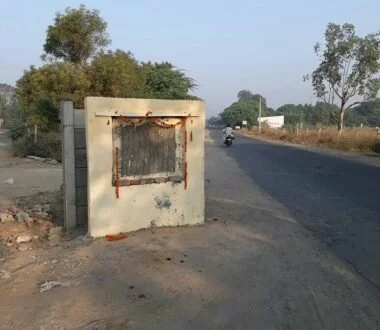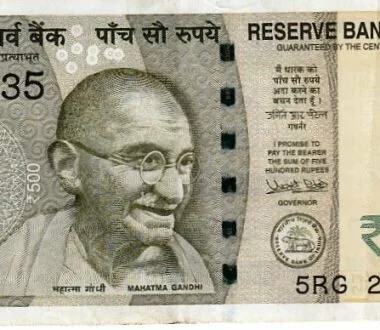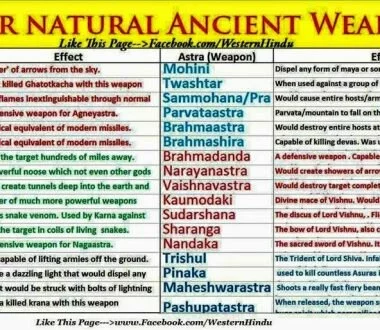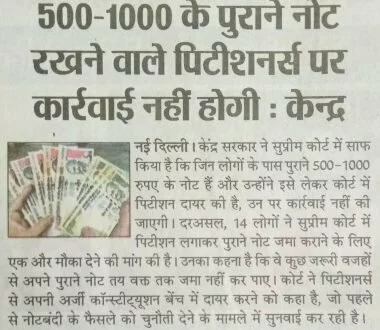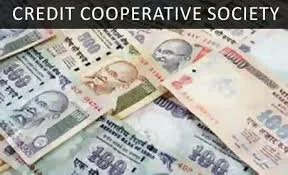GST council fixes rates for 1,211 items

GST council fixes rates for 1,211 items
The two-day GST Council meet began on Thursday in Srinagar, as ministers and officials from 29 states and Union Territories, along with FM Jaitley and senior finance ministry officials converged in the Jammu and Kashmir capital to decide and fix rates on a long list of goods and services.
India moved closer towards a country-wide Goods and Services Tax (GST) on Thursday with the GST Council fixing tax rates on of 1211 items, most of which will likely become cheaper as the new rates will be lower than the current effective levies.Revenue Secretary Hasmukh Adhia said on day one of its crucial meeting in Srinagar that sugar, edible oil, normal tea and coffee (not instant tea or coffee) will attract a GST rate of 5 percent, down from the current effective rate of 4-6 percent.
Hair oil, toothpaste and soaps will be taxed at 18 percent under GST, significantly lower than the present effective rate of 28 percent.Coal will be taxed at 5 percent under GST, compared to a current effective rate of 11.7 percent, raising prospects of lower power tariffs. Cereals have been kept under the “exempt” category, signs that food grain prices could come down after GST kicks-in from July 1. Gur (jaggery) has also been kept under the “exempt” category.
Sources told that GST rates have not been yet been finalised on six categories of products—bio-diesel, beedi and cigarettes, footwear, textiles, agricultural implements and gold. Separately, within the “food” category a final decision on GST rates on branded cereals and packaged food including packaged fruit juices will likely be taken on Friday.
Adhia said that 14 percent of the 1211 items will attract a GST rate of 5 percent, another 17 percent will be taxed at 12 percent, 19 percent of the items will be taxed at 28 percent, while 7 percent will be on the exempt list. Over the last six weeks, an officers’ panel had been working towards the fitment or classification exercise – an exhaustive list specifying the tax rate of goods and services, which was presented at the Council meeting.
“The overall impact is non-inflationary. The tax burden hasn’t increased in any commodity. In many commodities, there is a reduction, particularly as tax on tax has gone. On some (goods) we have deliberately brought the tax rate down,” finance minister Arun Jaitley said.
The fitment panel has been working on the principle to fix tax rates closest to the present incidence of taxation on good or services.The final rates have been fixed in a way such that the impact on inflation as well as revenue to the government is near neutral. GST, billed as India’s most ambitious reforms move, will stitch together a common national market, dismantle fiscal barriers among states and consolidate a patchwork of local and central duties into a single levy.
The Council had earlier agreed on a four broad slab structure – 5, 12, 18 and 28 percent – along with a cess on luxury and demerit goods such as tobacco, pan masala and aerated drinks.
The states would receive provisional compensation from Centre for loss of revenue due to abolition of taxes such as VAT (value added tax), octroi and implementation of GST. The compensation would be met through levy of a ‘GST Compensation Cess’ on luxury items and sin goods like tobacco, for the first five years.
The cess on luxury goods have been capped at 15 percent. While the effective cess on goods such as “luxury” cars will 12 percent, the Council has decided to fix a cap to give head space for expansion in the future. Tax incidence on cars will, however, remain the same. Either a tax rate of 28%, 1% and 3% will be applicable for all cars or a 15% cess will be levied on tax incidence. A 3% cess will be levied on motorcycles above 350cc.
“Sin” goods such as tobacco (cigarettes) and pan masala will attract cess rates of 290 per cent and 135 percent respectively, although the impact on current effective consumer prices will be negligible.
Based on the recommendation of the fitment panel, the Council is also likely to examine the option of placing services under two tax slabs—12 and 18 percent.
GST Council will today discuss rates on services and may meet one more time if tax for all items are not decided by then. “Hope to finalise list of exempted items on friday and will also discuss rate of tax on gold and beedi,” jaitely said on thusrday.
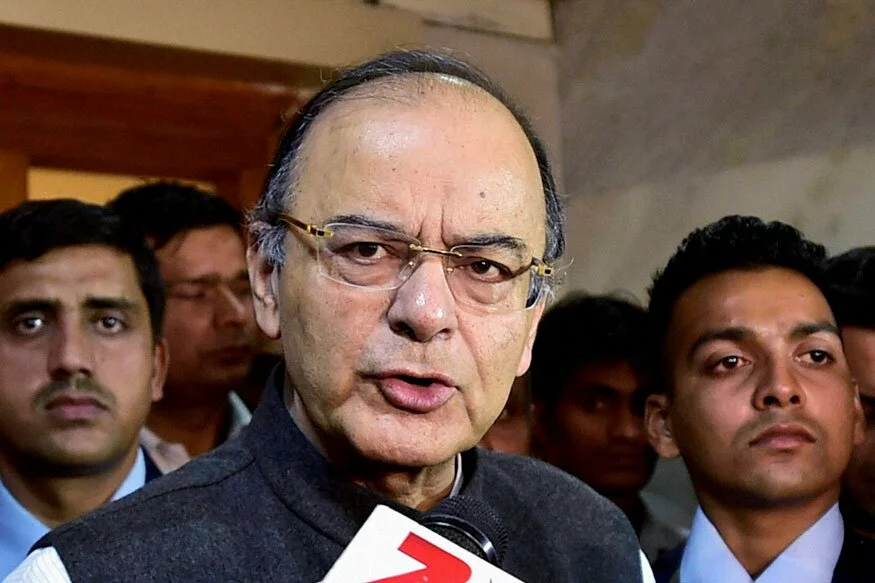
Related Post


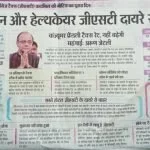 GST Council meet Day – 2
GST Council meet Day – 2

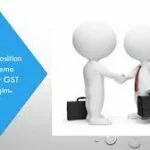
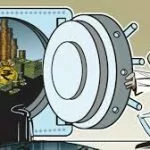 The Prohibition of Benami Property Transaction Act, 1988 / नया बेनामी कानून
The Prohibition of Benami Property Transaction Act, 1988 / नया बेनामी कानून







 Income Tax and Penalty 80% – 240% On Particular Undisclosed Income
Income Tax and Penalty 80% – 240% On Particular Undisclosed Income
